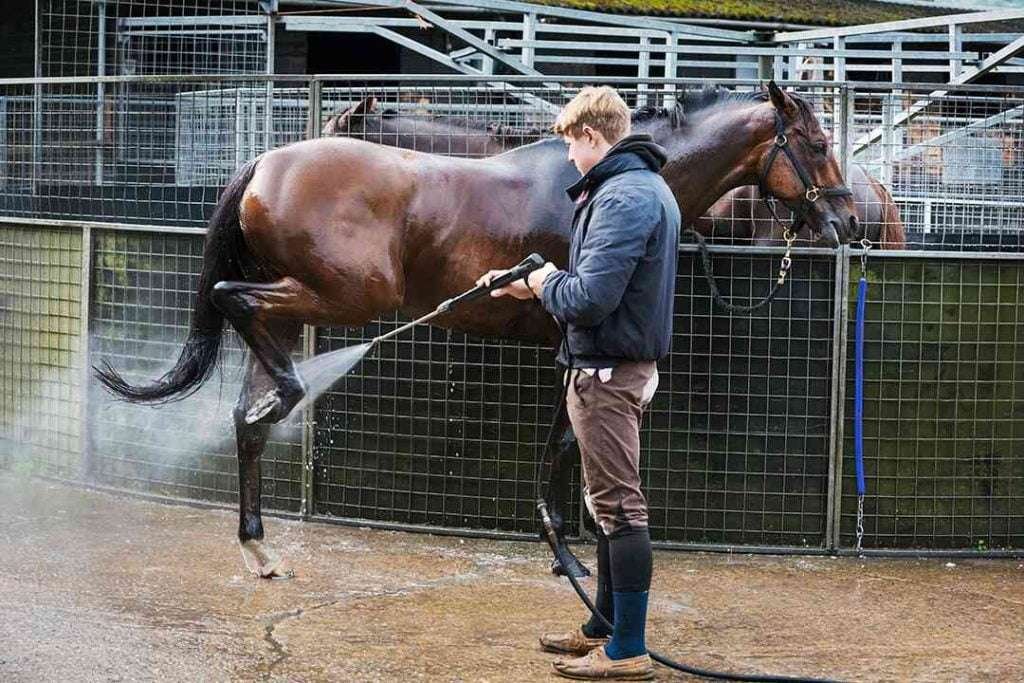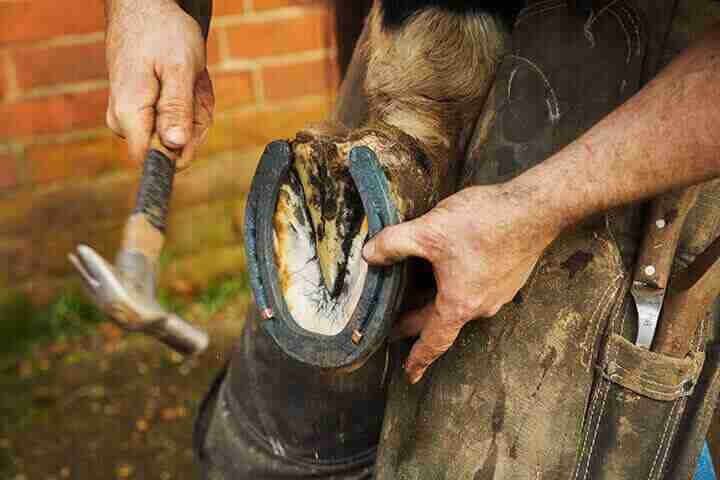The term “dummy foal” may sound perplexing, but it refers to a condition observed in newborn horses that exhibit unusual behaviors and characteristics. In this informational article, we delve into the world of dummy foals, exploring the causes, symptoms, and potential management strategies for this intriguing phenomenon.
What is a Dummy Foal?
Definition:
A dummy foal, also known as neonatal maladjustment syndrome (NMS) or hypoxic-ischemic encephalopathy (HIE), is a condition where a newborn foal displays abnormal behaviors and signs of disorientation shortly after birth. This condition is not fully understood, but it is believed to be linked to oxygen deprivation during the birthing process.
Signs and Symptoms:
- Abnormal Behavior: Dummy foals often exhibit behaviors that are not typical for healthy, newborn foals. This may include aimless wandering, difficulty in finding the mare’s udder, and an inability to nurse properly.
- Weak Suckling Reflex: One of the primary signs is a weak or absent suckling reflex. Dummy foals may struggle to latch onto the mare’s teat and consume an adequate amount of colostrum.
- Reduced Awareness: These foals may seem disoriented or unaware of their surroundings. They may not respond appropriately to stimuli and may display abnormal responses to visual or auditory cues.
- Seizure-Like Movements: In severe cases, dummy foals may exhibit seizure-like movements, further indicating neurological distress.
Causes:
- Birthing Difficulties: Dummy foals are often associated with difficult or prolonged birthing processes, leading to oxygen deprivation.
- Placental Issues: Problems with the placenta, such as premature separation, can contribute to oxygen deprivation during birth.
- Umbilical Cord Complications: Issues with the umbilical cord, such as entanglement or compression, may affect the oxygen supply to the foal.
Management Strategies:
- Veterinary Intervention: Prompt veterinary attention is crucial. A veterinarian may administer supportive care, including oxygen therapy and intravenous fluids.
- Colostrum Supplementation: Ensuring the foal receives an adequate amount of colostrum is vital for immune system support.
- Monitoring and Nursing Assistance: Close monitoring and assistance with nursing can help the foal overcome initial challenges.
- Neonatal Intensive Care: In severe cases, a dummy foal may require intensive care in a specialized facility equipped to address neonatal issues.

Conclusion:
While the term “dummy foal” may sound alarming, early recognition and appropriate veterinary care can significantly improve the chances of a positive outcome. Understanding the signs, causes, and management strategies for dummy foals allows horse owners, breeders, and caretakers to provide the necessary support for these unique cases in the delicate early days of a foal’s life.





